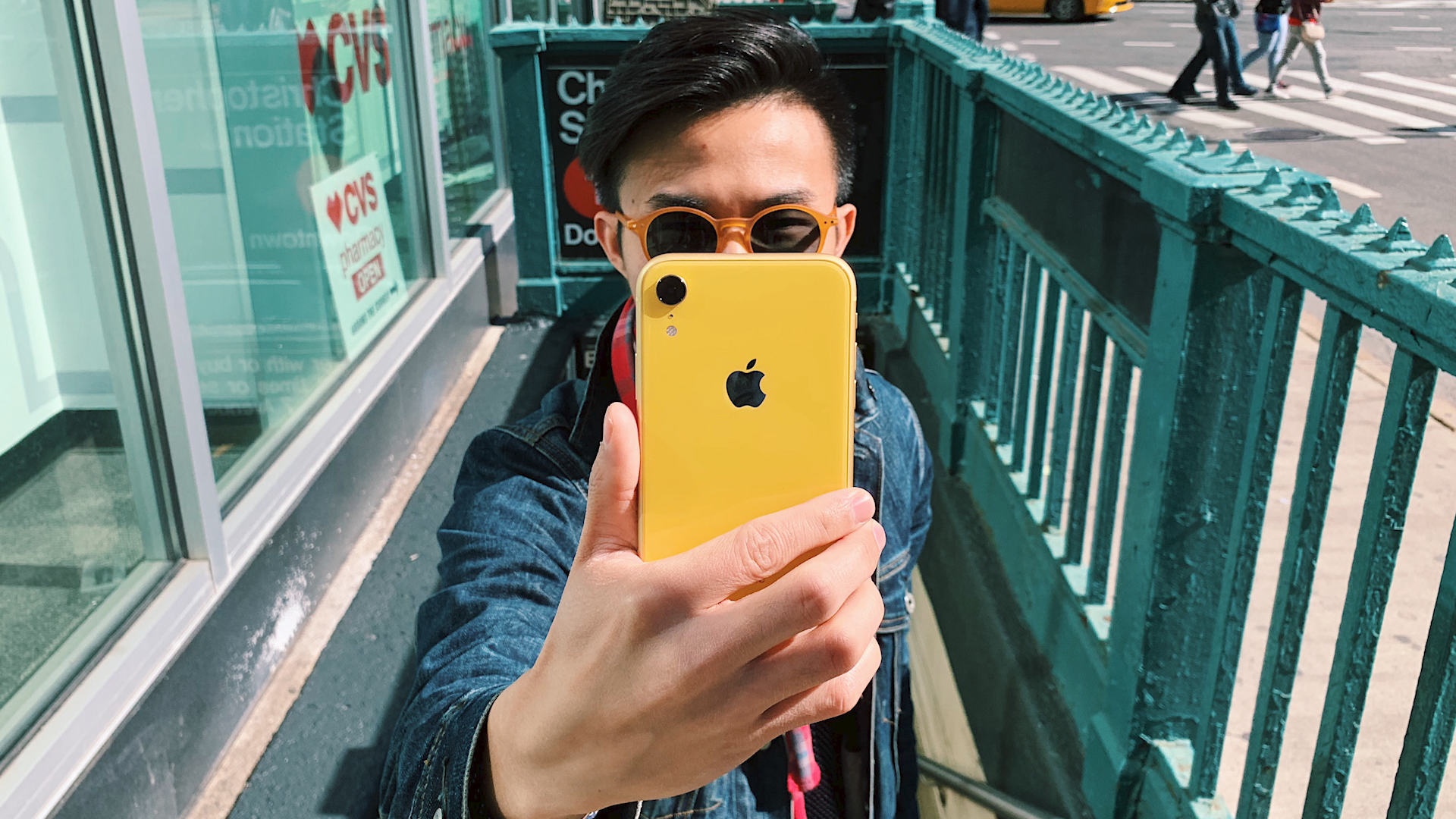Technology
Italian government fines Apple and Samsung for performance throttling

/https%3A%2F%2Fblueprint-api-production.s3.amazonaws.com%2Fuploads%2Fcard%2Fimage%2F870064%2F41b4e91e-e205-485a-9c0e-f954403803e0.jpg)
Image: luke leonard/mashable
An investigation may have just breathed new life into Batterygate. But not for Apple — for Samsung.
The Italian government fined Apple €10 million ($11.4 million) for slowing down (or “throttling”) older iPhone models, according to Reuters. The government’s anti-trust watchdog issued the fine, which included €5 million for the actual throttling, and €5 million for not making iPhone battery replacement easy or transparent.
Surprisingly, the agency also fined Samsung for throttling. In January, Samsung denied that it ever purposely slowed down old phones, and Samsung throttling has not been a widespread a cause of a suspicion, as it had been with Apple. But the Italian government nonetheless opened an investigation in January, and has now seen fit to fine the Android phone maker, too.
The watchdog’s investigation apparently found that software updates in both phones “had caused serious dysfunctions and reduced performance significantly, thereby accelerating the process of replacing them.”
In a statement sent to Mashable via email, Samsung said that it does not agree with the Italian agency’s findings — and plans to take legal action to refute the fine.
“At Samsung, customer satisfaction is core to our business and we aim to deliver the best possible experience,” Samsung wrote. “We are disappointed with the Italian Competition Authority (ICA) decision. Samsung did not issue any software update that reduced the Galaxy Note 4’s performance. In contrast, Samsung has always released software updates enabling our customers to have the best experience possible. We will take necessary legal actions to appeal the ICA’s decision.”
The suspicion of throttling in iPhones — known as “Batterygate” — gained mainstream traction after a Reddit thread and investigation by Geekbench’s John Poole. Apple then admitted that it was slowing down phones in December 2017. It claimed that this was to improve battery performance, and was not a tactic pushing people to buy new phones. But it then apologized, offered low-cost battery replacements for customers with affected iPhones. The issue was also the subject of a US government investigation.
During “Batterygate,” Samsung along with many other Android phone makers proactively stated that they did not engage in similar throttling. And in the months since, there has not been mainstream suspicion. It denied the basis of the the Italian government’s investigation in January.
Poole, the researcher who originally provided evidence of Apple’s throttling, has not found a similar issue in Samsung devices. Mashable previously spoke to Poole about this very issue, and he concluded that the problem was unique to Apple.
“We focused on Samsung simply because they are the largest handset provider on Android, and we viewed this as a litmus test,” Poole told Mashable in January. “We haven’t seen any evidence of this widespread performance-limiting problem that has affected the Apple iPhones. It seems to be that this is a problem that is very unique to Apple.”
Poole attributes Batterygate to Apple’s uniquely efficient single-core engineering, which does not affect Androids. And the fact that Androids just have bigger batteries than iPhones.
What Samsung has been guilty of in the past is cheating on performance benchmarks. So the actual performance of phones in real life was slower than its claims. However, Samsung reportedly stopped that practice in 2014, and it is a different issue from throttling altogether.
Did the Italian watchdog organization find something new? Or is this a case of Samsung’s performance benchmark cheating coming back to haunt them?
The door on Apple’s Batterygate may finally be closing, especially since iOS 12 specifically addressed how to update iPhones without causing performance strain.
But the fine may have just fanned a pesky new flame for Samsung.

!function(f,b,e,v,n,t,s){if(f.fbq)return;n=f.fbq=function(){n.callMethod?
n.callMethod.apply(n,arguments):n.queue.push(arguments)};if(!f._fbq)f._fbq=n;
n.push=n;n.loaded=!0;n.version=’2.0′;n.queue=[];t=b.createElement(e);t.async=!0;
t.src=v;s=b.getElementsByTagName(e)[0];s.parentNode.insertBefore(t,s)}(window,
document,’script’,’https://connect.facebook.net/en_US/fbevents.js’);
fbq(‘init’, ‘1453039084979896’);
if (window.mashKit) {
mashKit.gdpr.trackerFactory(function() {
fbq(‘track’, “PageView”);
}).render();
}
-

 Entertainment6 days ago
Entertainment6 days ago‘Presence’s Steven Soderbergh and David Koepp on ghosts, horror, and hating winks
-

 Entertainment7 days ago
Entertainment7 days agoWhat are immigration red cards? How the internet is rallying behind undocumented workers
-

 Entertainment6 days ago
Entertainment6 days ago‘Pee-wee as Himself’ review: Paul Reubens’ documentary is a must-see for ‘Playhouse’ fans
-

 Entertainment5 days ago
Entertainment5 days agoTikTok ban: Influencers brace for an uncertain future
-

 Entertainment5 days ago
Entertainment5 days agoFilms by Black creators to watch on Netflix
-

 Entertainment3 days ago
Entertainment3 days ago‘Dimension 20’s ‘Gauntlet at the Garden’ was a euphoric experience for ‘Dungeons and Dragons’ fans everywhere
-

 Entertainment6 days ago
Entertainment6 days agoHow to stop doomscrolling with apps you already have
-

 Entertainment3 days ago
Entertainment3 days ago‘If I Had Legs, I’d Kick You’ review: Rose Byrne stuns in nauseating thrill ride about motherhood





















